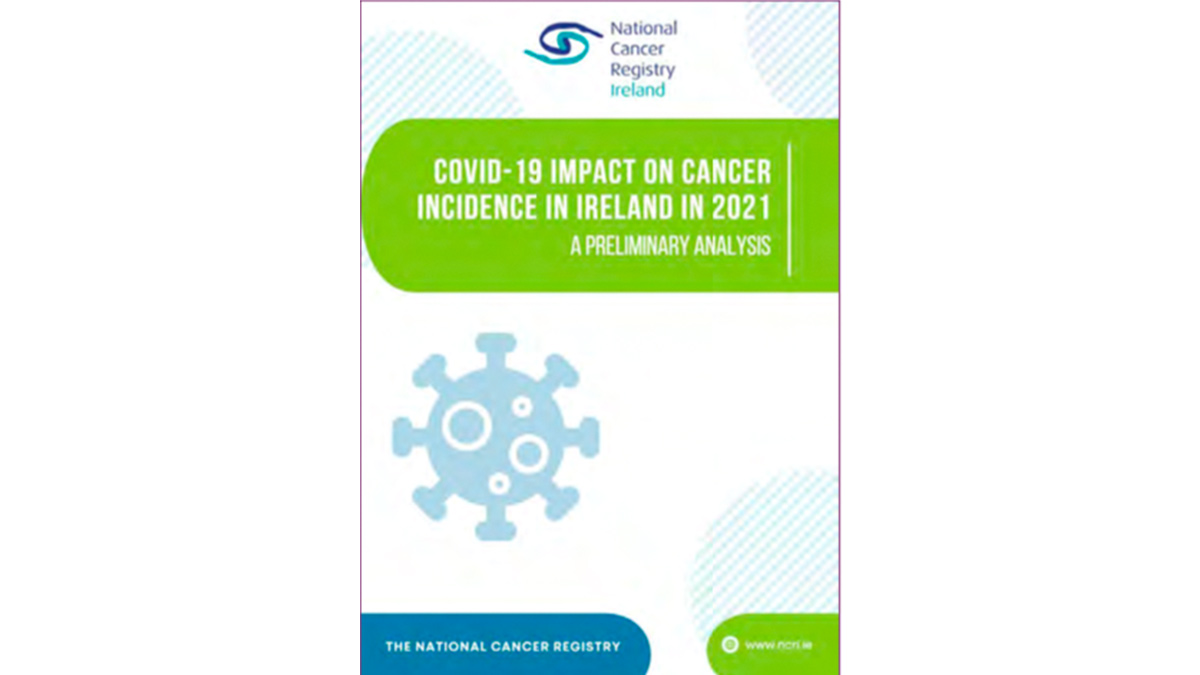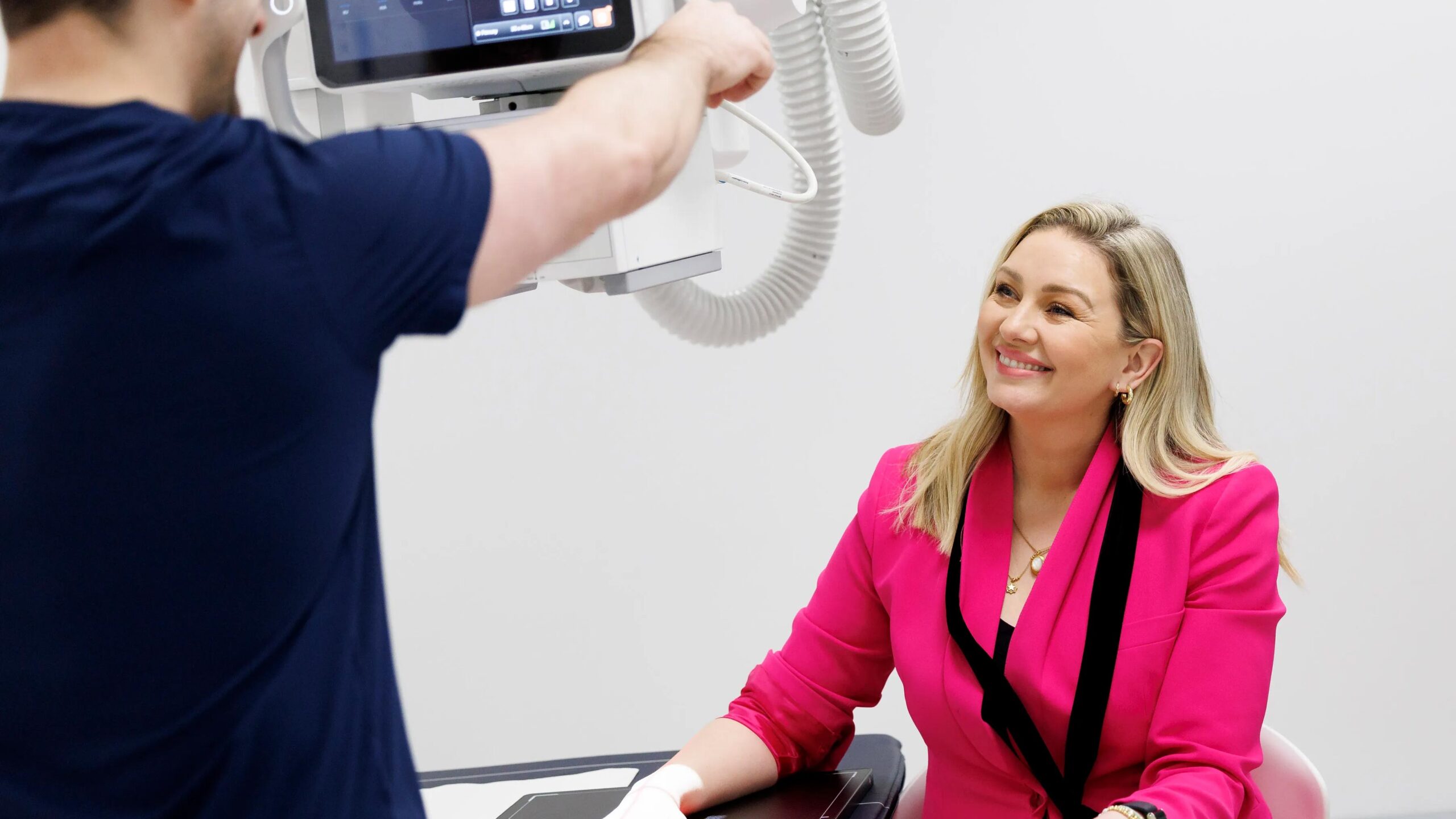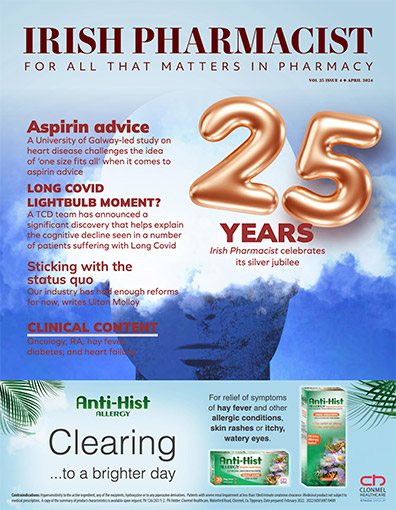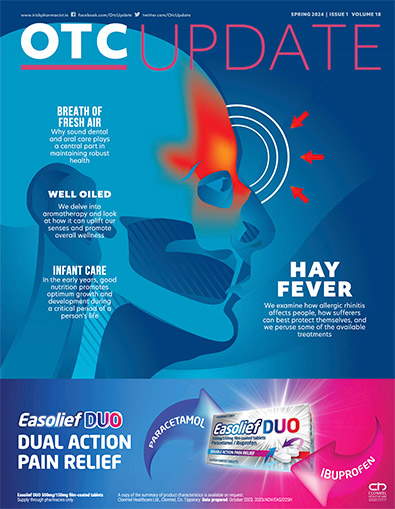A group of scientists are examining the beneficial effects of cortisone in order to lay the groundwork for the development of similar drugs with fewer side-effects.
As glucocorticoid receptors are so efficient at disabling immune reactions, synthetic steroid medications are among the most prescribed drugs overall.
“Unfortunately, this useful property leads to severe side-effects as one hormone or drug causes different effects in other non-immune cells,” explained Prof Henriette Uhlenhaut, Professor for Metabolic Programming at TUM School of Life Sciences in Freising-Weihenstephan and researcher in the field of Molecular Endocrinology at Helmholtz Zentrum München Uhlenhaut, Germany. Among these effects are the reduction of muscle mass or the deposition of fat.
“We still don’t fully understand the effects of steroid compounds,” said Prof Uhlenhaut, who stated that she wants to discover the molecular mechanisms that steroids such as cortisone utilise to stop inflammatory reactions.
As soon as researchers know how cortisone works, and how it mutes inflammation genes in immune system cells, they can begin looking for molecules that possess the same anti-inflammatory properties as cortisone, but with fewer side effects.
Until recently, scientists believed that the steroids’ anti-inflammatory effect was based on protein-to-protein interaction. It was assumed that the glucocorticoid receptor would connect to other inflammation-inducing proteins without any DNA contact.
Using a new preclinical model, the team of researchers say they can now demonstrate that DNA binding is required for these drugs to have an effect; for years, scientists had assumed that this was not the case. Without the glucocorticoid receptor enabling DNA binding to chromosomes, chromatin or genes, there is no biological effect.
“Now we know that DNA binding plays a major role, yet we have not found a way to separate side-effects from the desired effects,” explained Prof Uhlenhaut.
Until now, various approaches have focused on protein-to-protein contact, which might explain why these have not been successful. As this basic approach can now be discarded, further research regarding drug development of cortisone alternatives can now focus on the DNA, said the researchers.
The research was published recently in Acids Research and can be accessed at https://doi.org/10.1093/nar/gkaa565.







